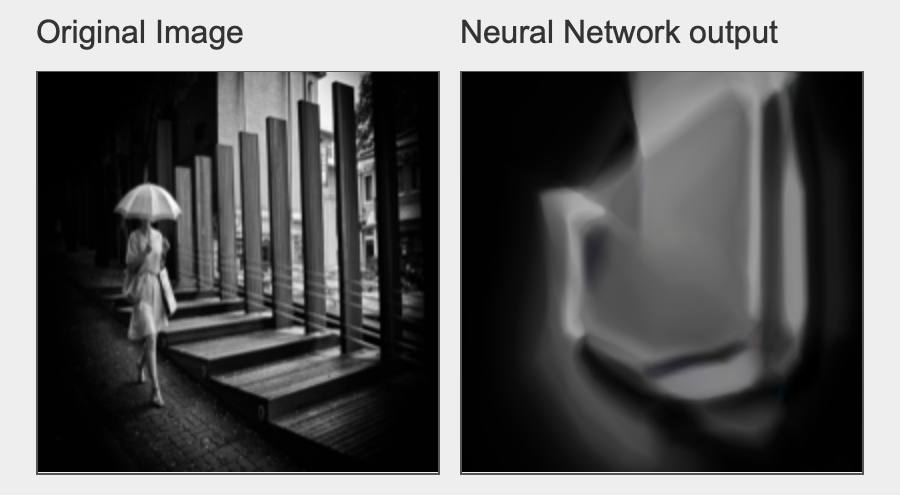Dear friend,
A practical idea I have for you:
Treat your photography like a blank slate (tabula rasa). When you start off in photography, be totally ignorant of the outside world, and learn on your own (don’t enroll into photography or art school). Then use this chance to build your own unique vision, and as you get more experienced, THEN learn some theory and outside concepts and ideas to challenge your pre-existing ideas, then decide through dialectics (testing two contrary opinions) what best works for you.
No rules in photography or art

In studying art and photography this is the conclusion I have come to:
There is no objectivity in photography or art. It is all subjective and man-made.
There is no such thing as an objectively good or bad picture. It is all opinion.

For example, if you really like mint ice cream, yet you encounter someone who HATES mint ice cream– no matter how much you try to convince them that mint ice cream is the best thing in the world, they’re always going to ignore you (and think you’re insane).

Thus your job isn’t to convince everyone else that your pictures or art is good– your job is to pursue your own visual artistry according to your own standards, and seek to impress yourself (THEN share your work, and let others judge/critique it).

Therefore this is what I suggest:
- Ignore everyone else.
- Shoot pictures that you like, and post-process them in a style you like.
- Share your work.
- Get feedback from others, and decide (for yourself) whether their feedback is legitimate or not.
- Ingest the feedback from others, and ‘iterate’ your artistry in a course which you like.
Only tips and suggestions

This is my idea:
Everything you learn in art is simply a tip or a suggestion from the teacher or someone else.
From a theory of knowledge perspective– there is no such thing as an ultimate ‘truth’ or ‘wisdom’ which works 100% for 100% of people, 100% of the time. Perhaps the only thing which is “true” in (most) situations is mathematics or physics (even this is debated by a lot of scientist-philosophers).

Anyways, this is a practical tip for you:
Seek to impress yourself with your own visual artwork, and disregard whether others like it or not. As long as you like it, it is good.
Start with practice, then learn the theory later

Another practical idea:
Don’t start learning photography by attending courses. Just learn for yourself on your own. Practice shooting on your phone or any camera with fully automatic modes. Self-teach yourself, experiment, and learn via trial-and-error. Then once you reach a plateau on your self-learning, and THEN take workshops, learn from others, and start reading more photographic-art theory.

The mistake we make is this:
We start off with photographic theory, then we try to do it in the ‘real world’ and we fail.
Because often what is theoretical doesn’t work in reality. Trial and error, practice, and bricolage is (in my eyes) the only real way to learn something. Theory should be like an embellishment you add afterwards (like the icing to a cake), not the base.
Blank slate in photography

Everyday, wipe the slate clean. Everyday in your photographic pursuits, start with a blank slate, a white piece of paper (carte blanche). Or a tabula rasa (a wax tablet, which can be refreshed).

This is my theory:
If you start everyday like you were a beginner or a child in photography, you will probably never run out of inspiration to make pictures.

Probably the most interesting thing I’ve learned is the algorithm that drives Google Deepmind’s “AlphaGo Zero” program is this ‘tabula rasa’ concept. Don’t let theories, pre-judgements, and boring old-school notions hold you back. Challenge yourself by learning things on your own, without boring theories. To learn more about AlphaGo — watch the documentary on Netflix.
Tabula Rasa Lifestyle

I think a lot of Zen-Taoist philosophy has got it right:
Everyday, treat your mind like a child’s mind. Continue to embrace your own inner child, and don’t censor yourself. Experiment, play, do new things, conquer, and explore.

Live life with no limits, pre-conceived notions, or glass ceilings!
Think outside the box,
ERIC

